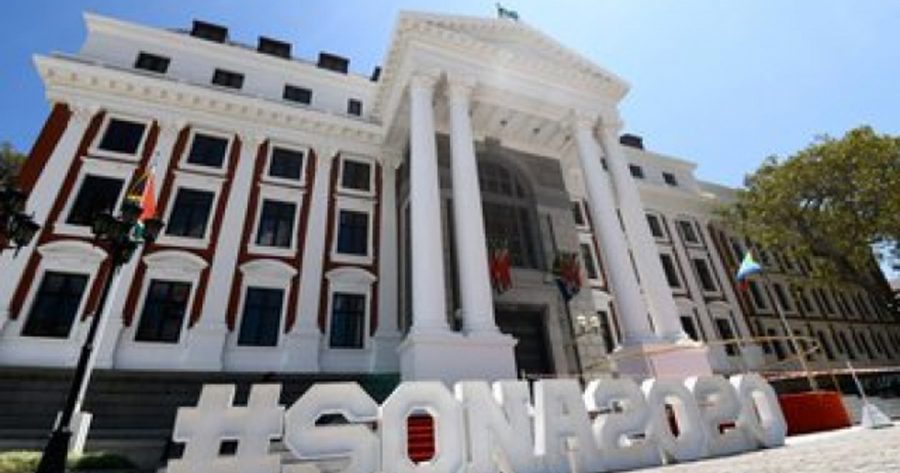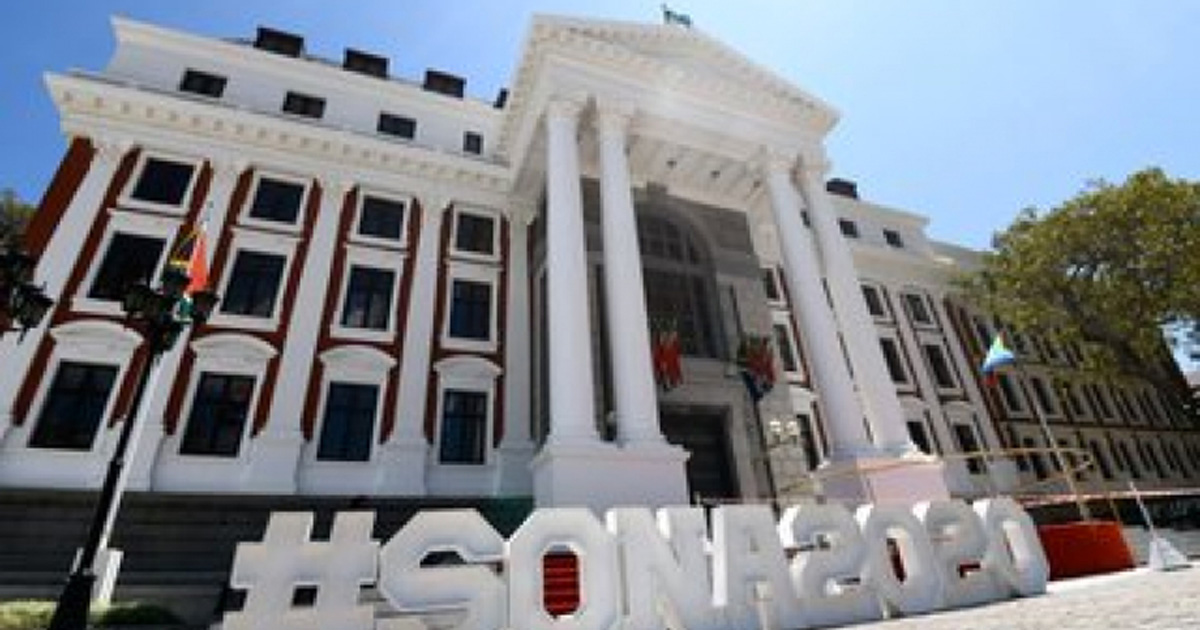
President Ramaphosa Announces New Crime Detection University
To improve the quality of general and specialised police investigations, government will be establishing a Crime Detection University in Hammanskraal, north of Pretoria. This was announced by President Cyril Ramaphosa on Thursday evening, when he took to the podium in Parliament to deliver the State of the Nation Address. He said his plans for investment […]

To improve the quality of general and specialised police investigations, government will be establishing a Crime Detection University in Hammanskraal, north of Pretoria.
This was announced by President Cyril Ramaphosa on Thursday evening, when he took to the podium in Parliament to deliver the State of the Nation Address.
He said his plans for investment and growth in South Africa would require a safe, stable and crime-free environment.
“It is fundamental to the aspirations of all our people to live in security, peace and comfort,” the President said.
He further said that police visibility, effective training and better resourcing of police stations are part of South Africa’s priorities.
“I prioritised our response to the growing problem of criminal groups that extort money from construction and other businesses,” the President said.
Specialised units – bringing together the South African Police Service (SAPS) and the National Prosecuting Authority – are mandated to combat these crimes of economic disruption.
It was also stated that Anti-Gang units will be further strengthened, with priority given to the Western Cape, Eastern Cape, Gauteng and Free State.
“Following the graduation of 5 000 police trainees last year, 7 000 new police trainees have been enlisted this year to strengthen local policing,” the President announced.
Furthermore, President Ramaphosa said that in order to support growth of the tourism industry, the SAPS will increase visibility at identified tourist attraction sites.
“It is training Tourism Safety Monitors and will establish a reserve police capacity to focus on the policing of tourist attraction areas,” he said.
The fight against corruption
President Ramaphosa said that the fight against corruption and state capture will continue and that there is a need for South Africans to work together to root out corruption and strengthen the rule of law.
He discouraged citizens from paying bribes or engaging in corrupt acts, saying that South Africans should rather join forces and upgrade the culture of reporting crime when it is being committed as a means to win the fight against corruption.
“We therefore welcome the joint government and civil society working group charged with developing a national anti-corruption strategy and implementation plan, which is close to completion of this phase of its work,” he said.
The President said this strategy would be launched by mid-year.
The Zondo Commission of Inquiry into State Capture continues with its critical work with the full support of government and other institutions.
“I have received a detailed and voluminous report on the Commission of Inquiry into the Public Investment Corporation (PIC) and will make it available to the public together with a plan on taking the findings and recommendations forward in the next few days,” said President Ramaphosa.
The Public Investment Corporation is a state-owned entity which is an asset management firm wholly owned by the government, represented by the Minister of Finance. The main function of the PIC is the provision of social security.
Performance agreements for ministers
President Ramaphosa said to strengthen the capacity of the state and increase accountability, he would sign performance agreements with all ministers before the end of the month.
“These agreements – which are based on the targets contained in the Medium-Term Strategic Framework – will be made public so that the people of South Africa can hold those who they elected into office to account,” the President said.
“We see these performance agreements as the cornerstone of a new culture of transparency and accountability, where those who are given the responsibility to serve – whether as elected office bearers or public servants – do what is expected of them,” he said.
The performance agreements would not tolerate corruption, nepotism and patronage, and action would be taken against ministers who abuse their powers or steal public money. – SAnews.gov.za
